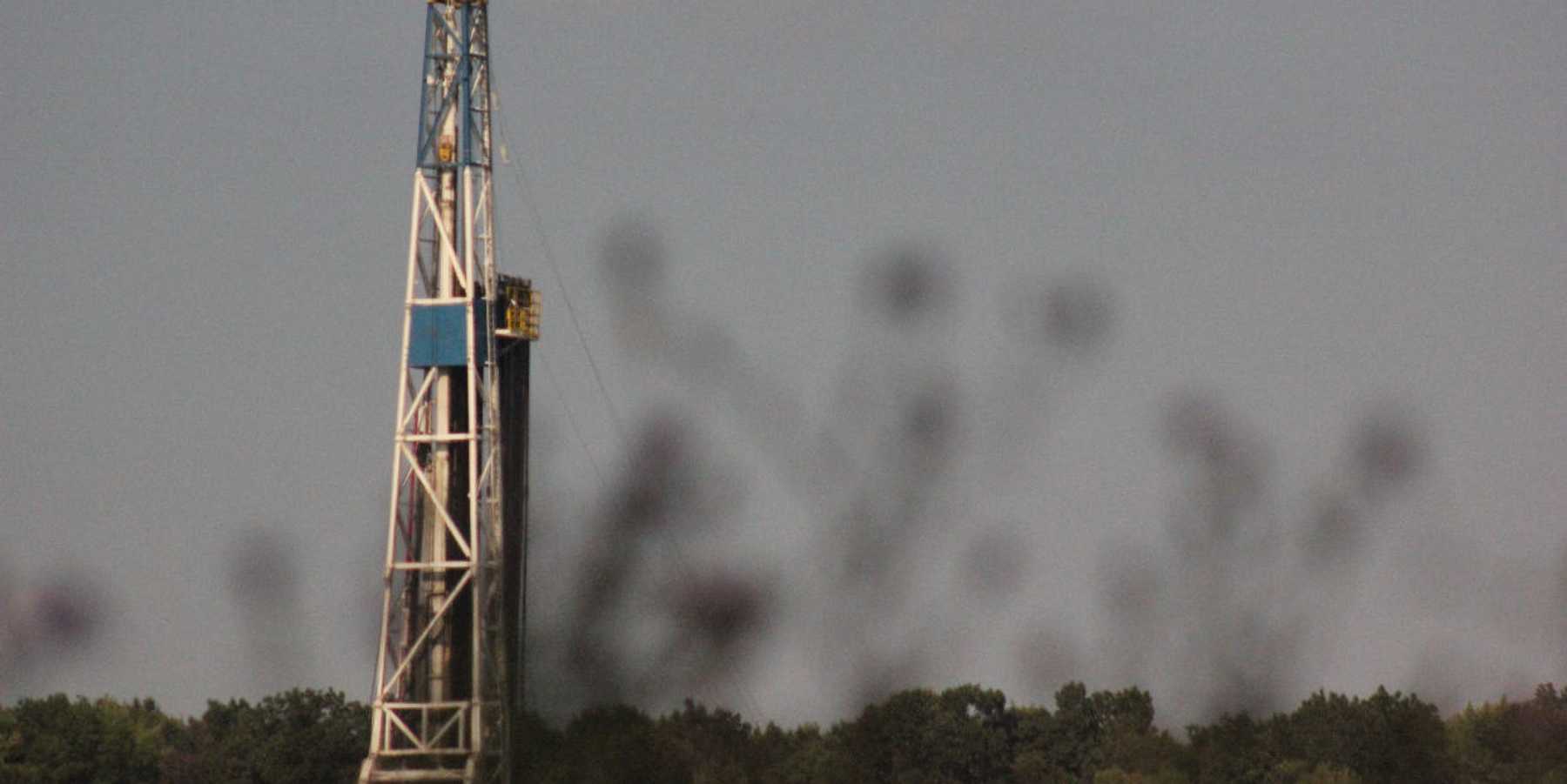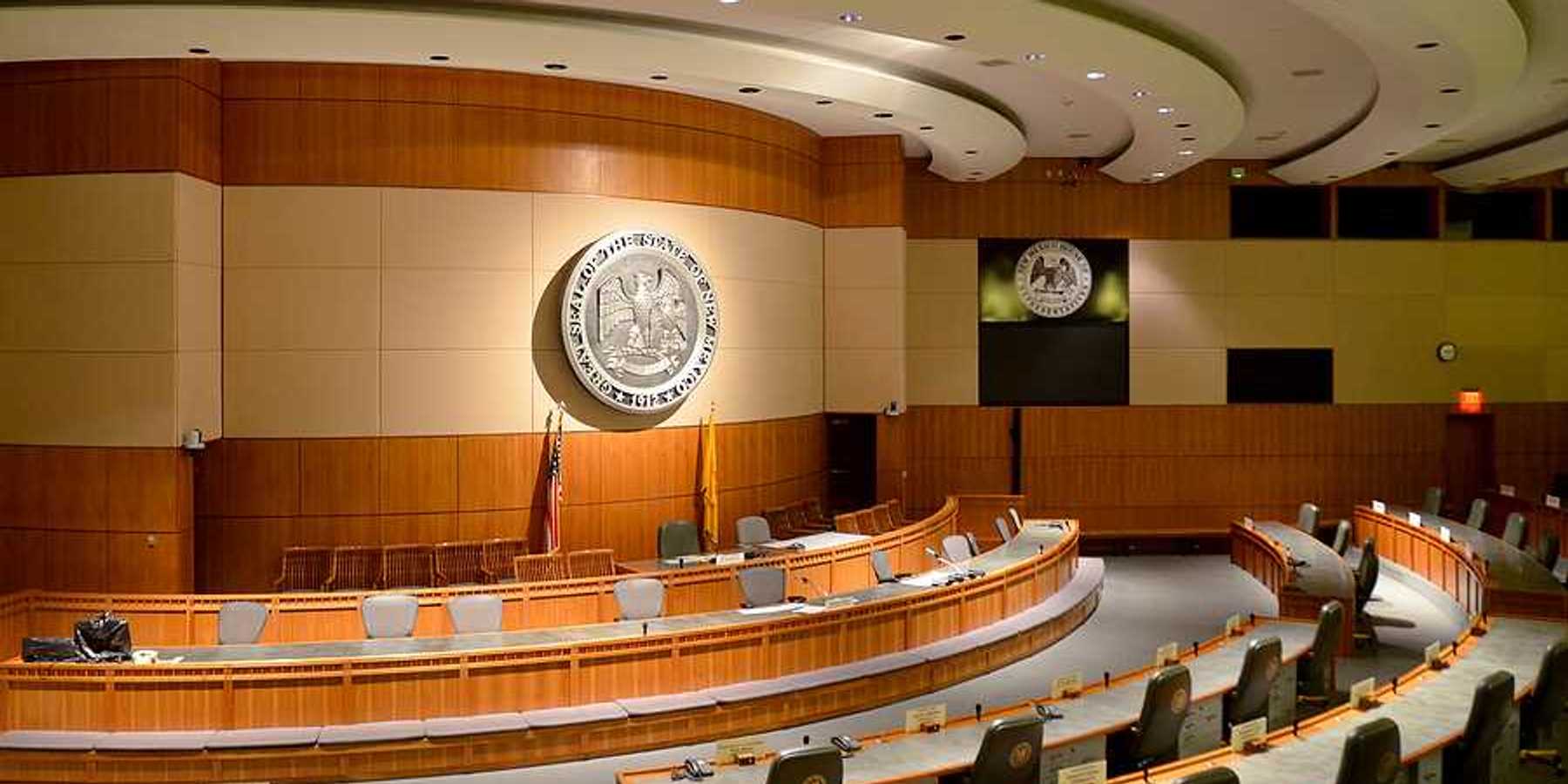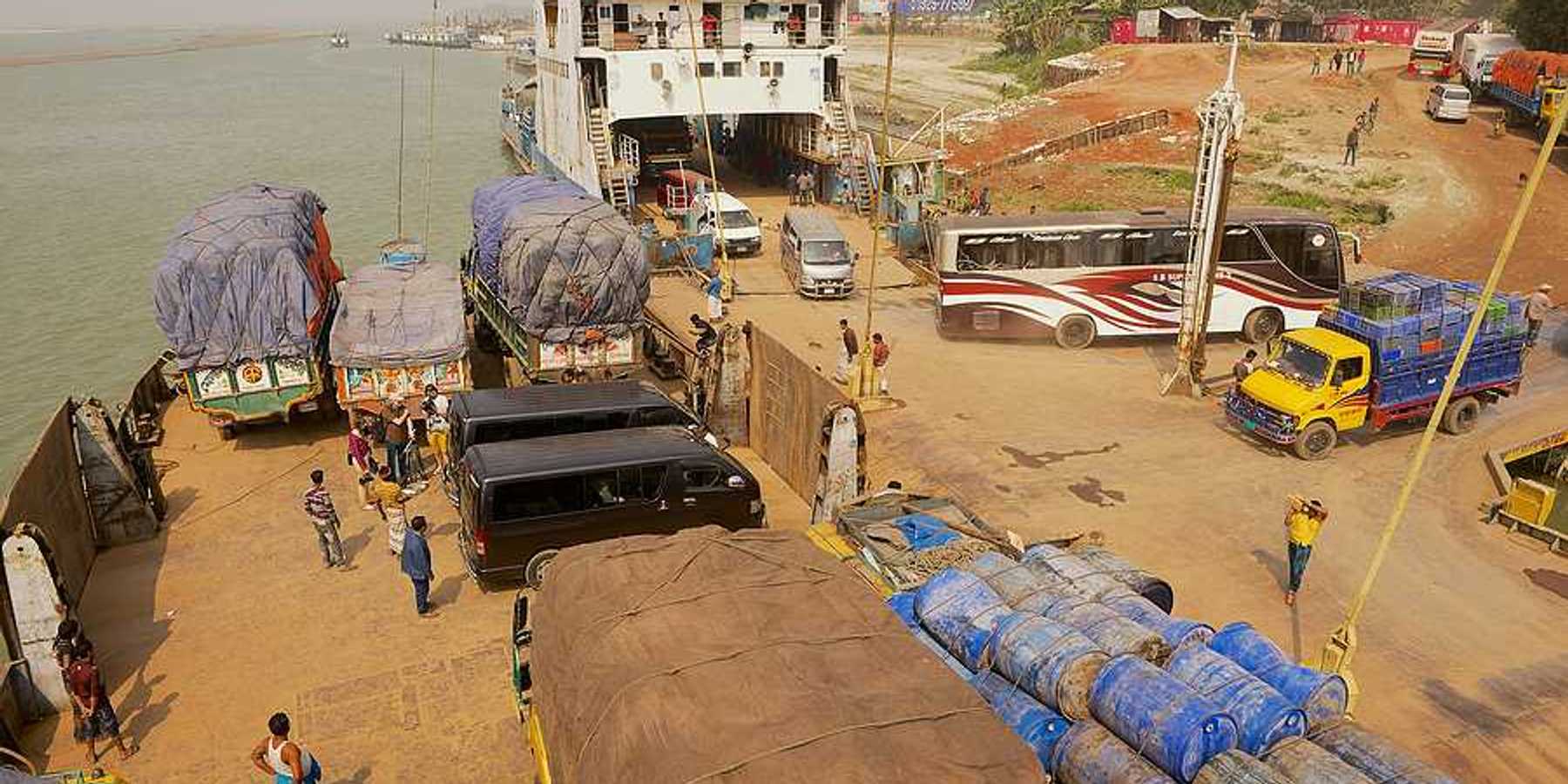
Study: Pennsylvanians who live near fracking are more likely to be depressed
Stress and depression are higher among those living closest to more and bigger wells.
People who live near unconventional natural gas operations such as fracking are more likely to experience depression, according to a new study.
For the study, which is the first of its kind and published today in Scientific Reports, researchers from the University of California at Berkeley and Johns Hopkins University looked at rates of depression in nearly 5,000 adults living in southwestern Pennsylvania's Marcellus shale region in 2015.
They found that people living near fracking-related operations are more likely to be depressed than the general population, and that stress and depression went up among people living closest to more and bigger natural gas wells.
"Previously we've looked at the links between unconventional natural gas development and things like asthma exacerbations, migraine headaches and fatigue," study co-author Joan Casey, a postdoctoral scholar at UC Berkeley's School of Public Health, told EHN. "The next step was thinking about mental health, because we had a lot of anecdotal reports of sleep disturbances and psychosocial stress related to unconventional natural gas development."
By the end of 2015, 9,669 wells had been drilled in Pennsylvania's Marcellus shale, and by 2016, the region led the nation in shale gas production. While there have been other small studies on the links between fracking and depression, this is the first to investigate a link between the two using a validated survey among a larger population.
The researchers compared data on the number of wells, the phase of extraction, and the volume of production in order to group residents into categories of "very low," "low," "medium," and "high" levels of exposure to fracking operations. To assess the severity of depression symptoms, they used a patient health questionnaire that included questions like, "How often have you been bothered by feeling down, depressed, hopeless?"
"People in the highest group of exposure were 1.5 times more likely to have mild depression symptoms than those in very low exposure group," Casey said, noting that the greatest increases in rates of depression occurred among people with mild to moderate symptoms living near high-volume fracking operations.
"Based on our observations, it seems like living near unconventional natural gas development may not cause an increase in diagnoses of severe major depressive disorders, but might exacerbate symptoms in those with mild or moderate depression, and create some depression and stress in otherwise healthy people," she added.
In order to minimize over-reporting of depression symptoms among people concerned about the industry's environmental and health impacts, survey participants weren't informed that the study was related to fracking. While that strengthened the study, Casey pointed out that it also limited their ability to examine the causes of depression in those living near fracking operations.
"Some people in these communities might have positive associations with natural gas extraction," she pointed out. "Maybe they're leasing their land and getting economic benefits, so it's actually lessening their symptoms, while others may only be getting exposures and have concerns about its health impacts, which could be worsening their symptoms."
The researchers also looked at electronic health records to determine whether there was an increase in physician-diagnosed sleep disorders or prescriptions for sleep aids in the region, but did not observe an increase in those instances associated with proximity to fracking operations.
Another question unanswered by the study is whether exposure to the chemicals being released into the environment could play a role in the increase of depression symptoms among those living near unconventional natural gas operations.
"I think we've probably now done enough epidemiological studies showing the links between unconventional natural gas extraction and health," Casey said. "The next step will be to tease apart what our exposure pathways are."
"Is this being caused by air pollution and volatile organic compounds? Is it more about perception and psychosocial stressors than actual exposure? We just don't know the answers to these questions, and I think to be able to move forward, we have to start unraveling those mysteries."













